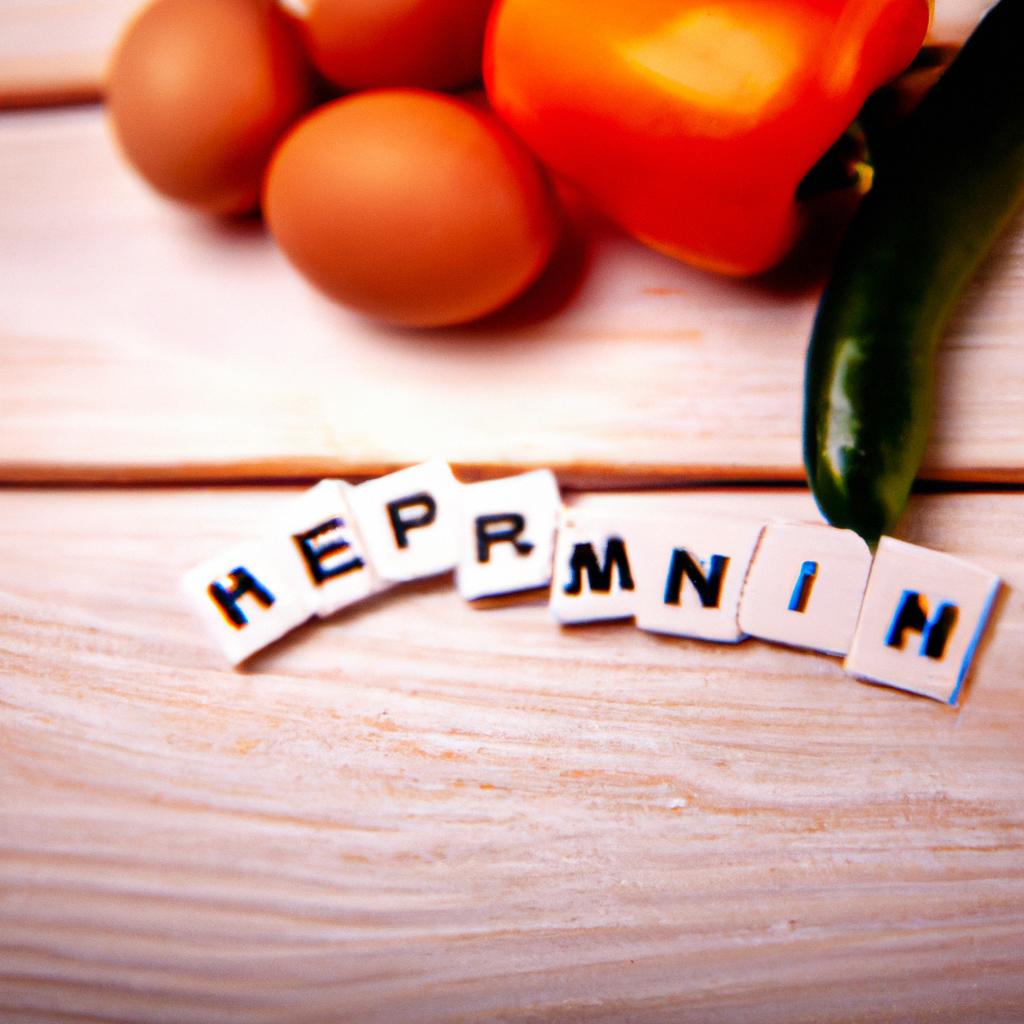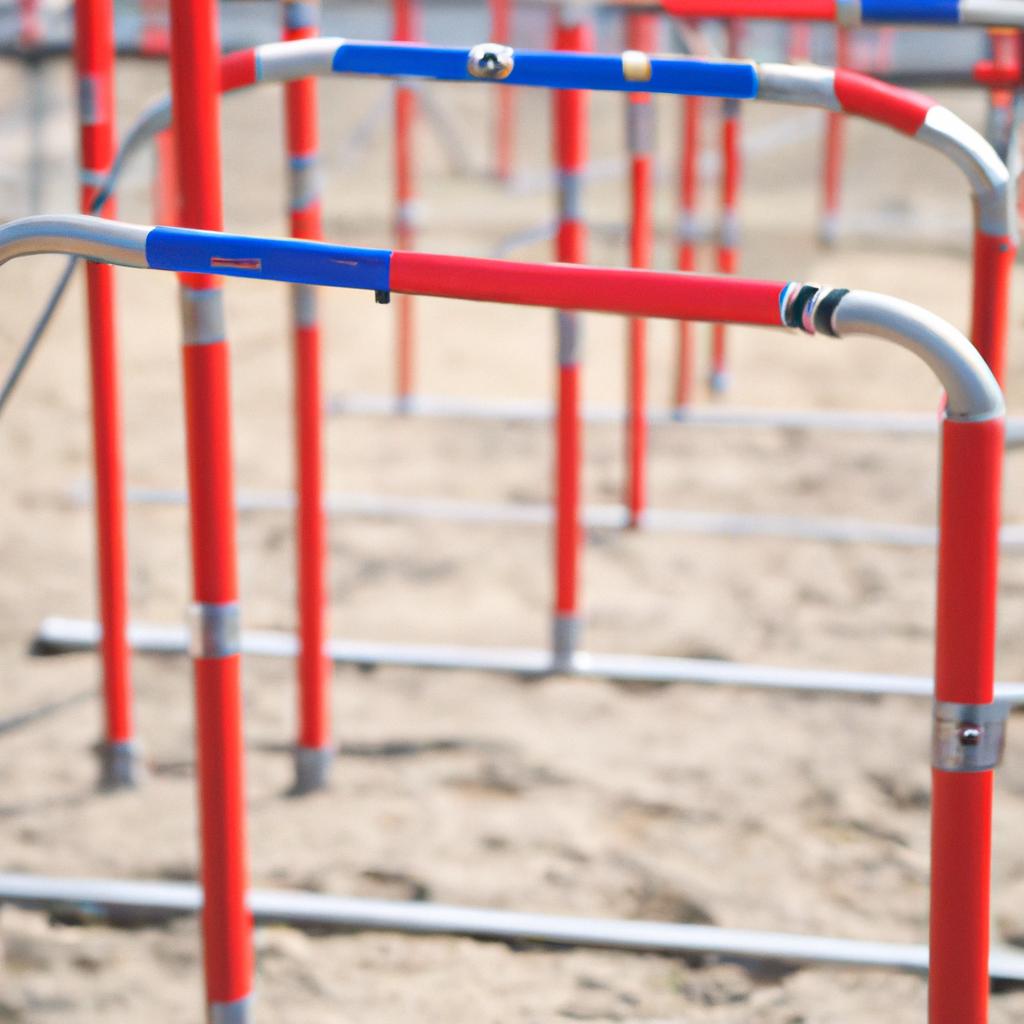**”The Role of Nutrition in Supporting a Healthy Pregnancy: Essential Dietary Strategies for Prenatal Wellness and Fitness”**
The Role of Nutrition in Supporting a Healthy Pregnancy: Essential Dietary Strategies for Prenatal Wellness and Fitness
Pregnancy is a remarkable journey filled with excitement, anticipation, and significant physical changes. A well-balanced diet plays a crucial role in supporting both maternal health and fetal development. Consequently, understanding essential dietary strategies can empower expectant mothers to make informed choices that promote their well-being and that of their baby. In this blog post, we will explore the importance of nutrition during pregnancy, offer practical dietary tips, discuss exercise advice, and highlight the health benefits of a wholesome prenatal lifestyle.
Understanding Nutritional Needs During Pregnancy
The Basics of Prenatal Nutrition
During pregnancy, a woman’s body undergoes numerous changes, and her nutritional needs increase significantly. In fact, a well-rounded diet can provide the necessary nutrients to support the developing fetus. Therefore, it is vital to focus on consuming a variety of nutrient-dense foods that supply essential vitamins and minerals.
Moreover, pregnant women should aim for a balanced intake of macronutrients, including carbohydrates, proteins, and healthy fats. This will not only support fetal growth but also help maintain maternal energy levels.
Key Nutrients for Expecting Mothers
Several specific nutrients are particularly important during pregnancy:
Folic Acid
Folic acid is crucial for fetal neural development. It helps prevent neural tube defects and is recommended that pregnant women consume at least 600 micrograms daily. Consequently, foods rich in folate, such as leafy greens, lentils, and fortified cereals, should be part of a prenatal diet.
Iron
Iron supports the increased blood volume that occurs during pregnancy and is vital for delivering oxygen to the fetus. Expecting mothers should include iron-rich foods like lean meats, beans, and fortified cereals, along with vitamin C sources to enhance iron absorption.
Calcium and Vitamin D
These nutrients are essential for the development of the baby’s bones and teeth. Therefore, incorporating dairy products, leafy greens, and fortified plant-based alternatives can help meet calcium needs. In addition, spending time in sunlight can support vitamin D levels, which is important for calcium absorption.
Practical Dietary Tips for Pregnant Women
Emphasizing Whole Foods
To foster a healthy pregnancy, it is advisable to focus on whole, minimally processed foods. For instance, fruits, vegetables, whole grains, lean proteins, and healthy fats should form the foundation of the diet. On the other hand, processed foods often contain added sugars, unhealthy fats, and preservatives that can detract from overall nutrition.
Meal Planning and Preparation
Planning meals in advance can simplify the journey toward healthier eating. By preparing meals that incorporate key nutrients, expectant mothers can avoid the temptation of unhealthy snacks. Moreover, consider batch cooking and freezing meals for convenience during the busy days of pregnancy.
Staying Hydrated
Proper hydration is often overlooked but is crucial during pregnancy. Drinking sufficient water helps maintain amniotic fluid levels and supports digestion. Aim for at least 8-10 cups of fluids daily, primarily from water, herbal teas, and other low-sugar beverages.
Exercise Advice for Pregnant Women
Finding the Right Balance
While nutrition is vital, exercise also plays a key role in supporting a healthy pregnancy. However, it is essential to choose low-impact activities that are safe and comfortable. Walking, swimming, and prenatal yoga are excellent options that can enhance overall fitness without putting undue stress on the body.
Listening to Your Body
During pregnancy, it is crucial to listen to your body and adapt your exercise routine accordingly. If fatigue or discomfort arises, consider modifying the intensity or duration of workouts. Consequently, staying active at a comfortable level can help maintain energy and improve mood.
Consulting Healthcare Professionals
Before starting any exercise program, expectant mothers should consult their healthcare provider. This ensures that chosen activities align with individual health conditions and pregnancy progress.
Health Benefits of Proper Nutrition and Exercise
Enhanced Maternal Well-being
A well-balanced diet combined with regular exercise can significantly enhance maternal well-being. Expecting mothers often report improved energy levels, reduced stress, and better sleep quality. Moreover, proper nutrition can help mitigate common pregnancy discomforts such as nausea and constipation.
Positive Fetal Development
Consequently, a nutrient-rich diet supports optimal fetal development, laying the foundation for a healthy baby. Research has shown that proper nutrition during pregnancy can reduce the risk of complications and promote healthy birth weights.
Long-term Health Implications
In addition to immediate benefits, good nutrition and fitness practices during pregnancy can have lasting effects. Studies suggest that mothers who maintain a healthy lifestyle are more likely to instill similar habits in their children, promoting lifelong wellness.
Conclusion
In summary, supporting a healthy pregnancy through nutrition and exercise is essential for both mother and baby. By focusing on nutrient-dense foods, staying hydrated, and engaging in safe physical activity, expectant mothers can enhance their prenatal experience. Moreover, these practices contribute to better maternal well-being and optimal fetal development. Therefore, embracing these dietary strategies and exercise advice can pave the way for a healthier pregnancy and a brighter future for both mother and child.
FAQ
What are the essential nutrients that pregnant women should focus on during their pregnancy?
Pregnant women should pay particular attention to several key nutrients, including folic acid, iron, calcium, and vitamin D. Folic acid is crucial for preventing neural tube defects, while iron supports increased blood volume and oxygen delivery to the fetus. Calcium and vitamin D are vital for the development of the baby’s bones and teeth. Incorporating foods rich in these nutrients—such as leafy greens, lean meats, dairy products, and fortified cereals—into a balanced diet is essential for both maternal and fetal health.
How can expectant mothers ensure they stay hydrated during pregnancy?
Proper hydration is crucial during pregnancy, as it helps maintain amniotic fluid levels and supports digestion. Expectant mothers should aim to drink at least 8-10 cups of fluids daily, primarily from water, herbal teas, and other low-sugar beverages. Keeping a reusable water bottle handy and setting reminders to drink throughout the day can help ensure adequate hydration.
What type of exercise is recommended for pregnant women?
Low-impact exercises are recommended for pregnant women to support a healthy pregnancy. Activities such as walking, swimming, and prenatal yoga are excellent choices that enhance overall fitness without putting undue stress on the body. It’s important for expectant mothers to listen to their bodies and consult healthcare providers















Post Comment